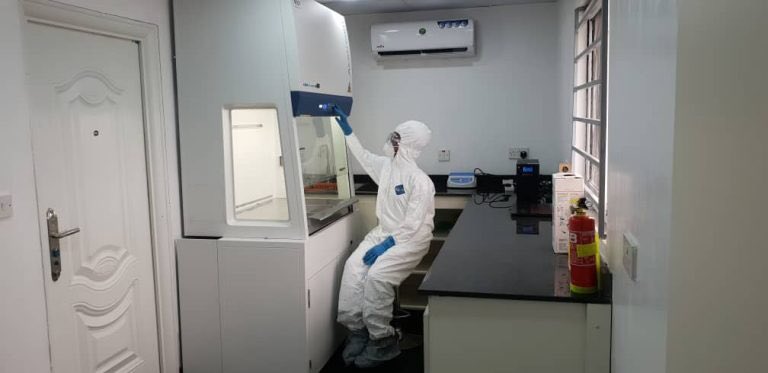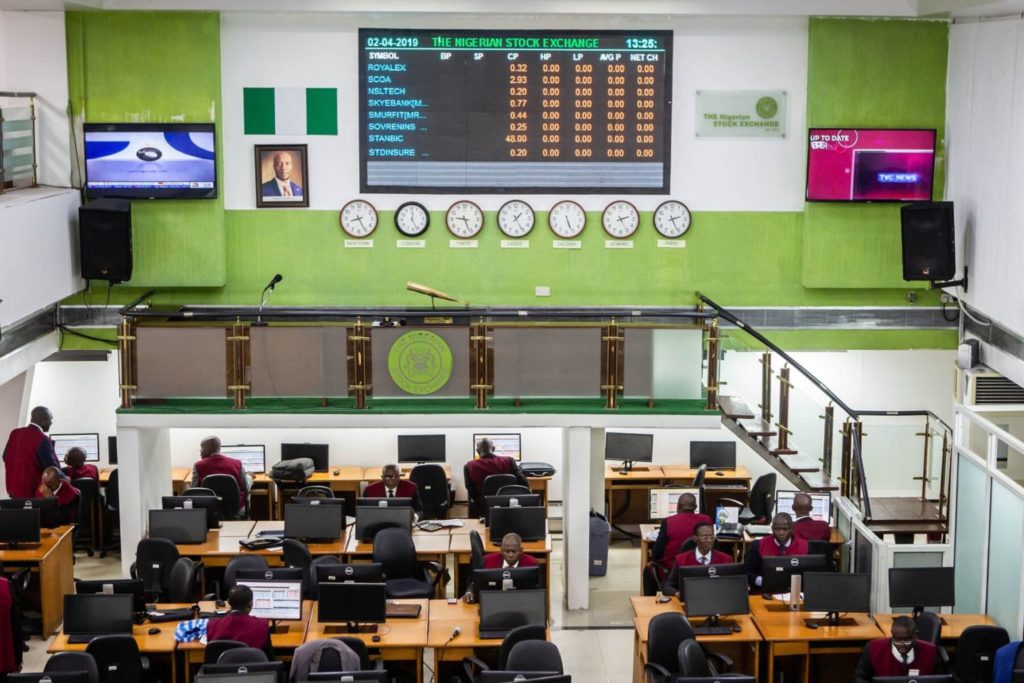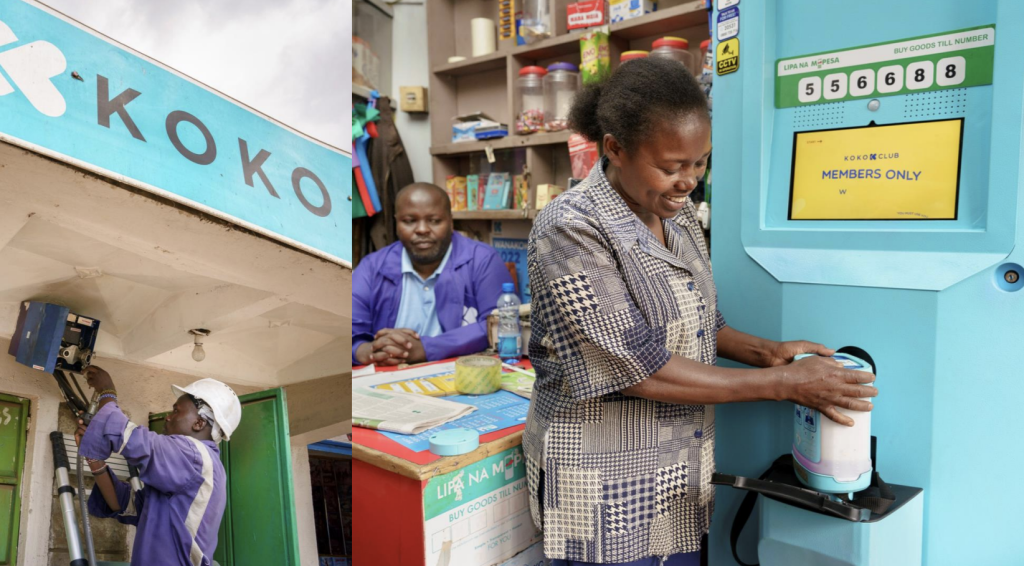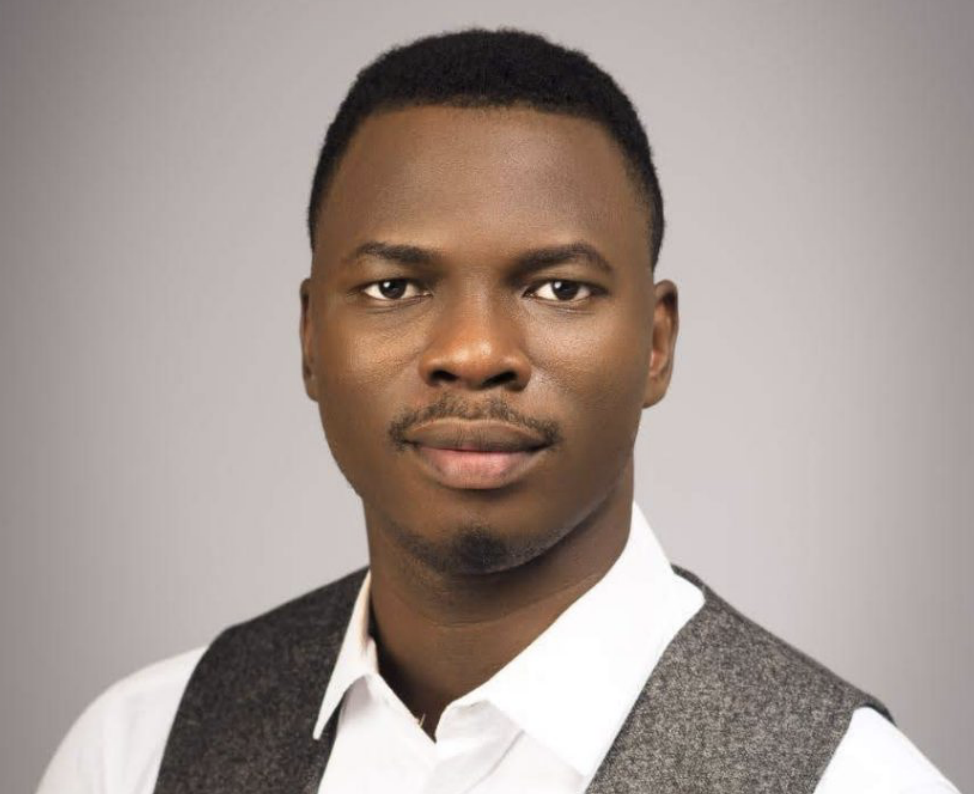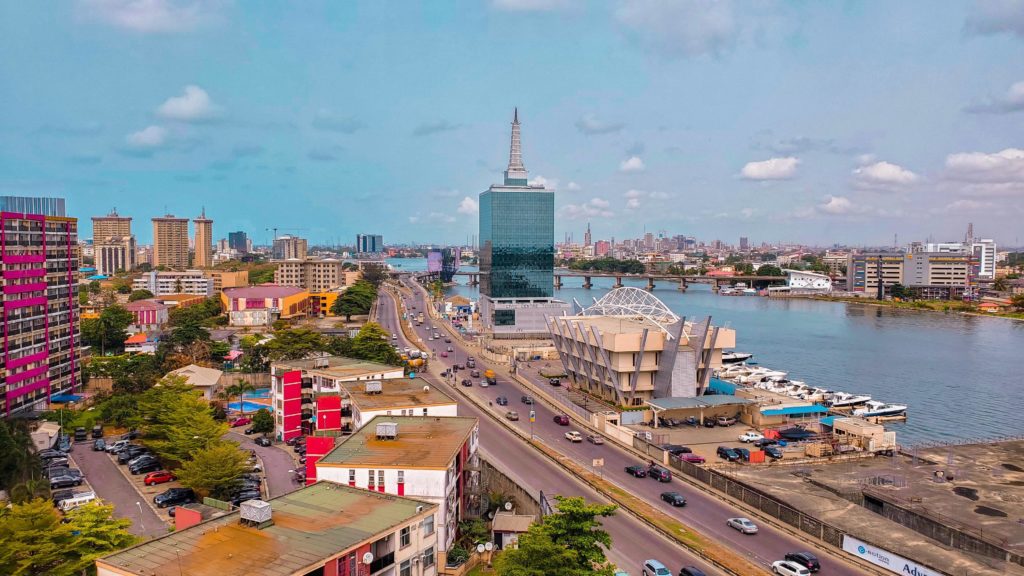
IN PARTNERSHIP WITH
 &
&

“Tech Cabal is my life source❤️.”️
That’s one of the many responses we’ve been getting to our survey. We love getting responses like this in our survey, please keep them coming.
If you’ve not told us what you think about the new TC Daily, you can here.
In today’s edition:
- Drone
- COVID-19 Vaccine
- Music-tech
- Edtech
Kenya’s stiff rules for drone

Kenya’s laws on operating drones are tough.
How did we get here?
In 2016, drone enthusiasts asked for regulations and licenses allowing drone operations in Kenya. It took awhile but in February 2017, the government answered and put out strict regulatory frameworks covering the use of non-military drones.
In 2018, these frameworks were retracted as they were seen to be inadequate — without enough public input and had some loopholes. This meant it was illegal for anyone except the military to own or use a drone in Kenya. This lasted up until 2020.
In April 2020, the Civil Aviation (Unmanned Aircraft Systems) Regulations Act was passed, making the ownership or usage of drones legal, but not without a million conditions.
What’s inside the act?
Only citizens, residents, businesses, and governments (18 years and above) can own or operate a drone. Foreigners aren’t allowed to use drones.
For drones to be imported or exported, they need the approval of the Kenya Civil Aviation Authority (KCAA).
An individual can only transfer the ownership of a drone after the approval of the KCAA.
Zoom out:
Looking at drone laws in other African countries.
Ghana, Namibia, Nigeria, Madagascar, Zimbabwe, Ethiopia, are all similar to Kenya; you can’t own or use a drone without permission from the government. In Algeria, Egypt, Morocco the ownership or use of drones is almost restricted to only military personnel. While in South Africa and Congo the laws are relaxed.
There have been calls for a harmonized approach to regulating drone operations in Africa. But drone regulations around the world are still in the development stages, and Africa isn’t any different. Everyone’s still figuring it out.

“Send or receive money instantly, in any currency, free of charge, only with Barter By Flutterwave. Start here“
Africa needs its own COVID-10 Vaccine

Researchers in Nigeria have developed a DNA-based vaccine against COVID-19 specifically for Africa but they’re underfunded to take it to the next stage.
Why do we need a Vaccine for Africa?
Genetically Africans are different from humans from other parts of the world. Vaccines previously developed in other parts of the world have often fallen short because they were created without fully considering how different Africans are — genetic diversity and the pathogens circulating on the continent.
“There are currently 10 different lineages of SARS-CoV-2 circulating in Nigeria alone, and these will keep changing and evolve into new strains. Global vaccine developers are working on lineages A and B, but a lineage C has already been found in South Africa, which means that vaccines developed for A and B might not be effective on C”.
Christian Happi, a Harvard-trained geneticist and director of the first lab in Africa to sequence the coronavirus genome.
Funding: In May 2020 the Central Bank of Nigeria (CBN) introduced the Healthcare Sector Research and Development Intervention Scheme (HSRDIS), a scheme that makes vaccines undergoing clinical testing or trials eligible to possibly access only up to N500 million naira (US$1.3 million) in research & development grants. But when compared to the estimated US$200 million to US$500 million it costs to move a vaccine from research to product registration, the grant is insignificant.
The stats: As per the Africa Center for Disease Control, out of an estimated population of 1.2 billion, there have been 2,261,589 COVID-19 cases, 1,927,697 Recoveries and 53,853 Deaths in Africa.
Bottom line: Africa needs a vaccine made for Africa but with the government focused on trying to keep the economy alive, it might as well wait for vaccines from the rest of the world.
Something interesting is happening in Nigerian Music-Tech

One of TechCabal’s newest team members, Edwin Madu wrote his first story last week.
He talked about his journey to being one of the winners of the first Nigerian Music-Tech Innovation Challenge.
This challenge was birthed from a partnership between CCHub, and Music & Tech Space, a startup founded by Bez Idakula.
Edwin says, “As a musician myself, creating this solution was also geared at making the lives of independent artists like me, easier.”
Read: Something interesting is happening in Nigerian Music-Tech to find what Edwin created.
African startups can secure development funding through AfCFTA Vision Challenge
8 years ago, during the 2012 African Union session at Ethiopia, Heads of States agreed to create a single continental market for goods and services, with free movement of workers and investment.
This birthed the African Continental Free Trade Area (AfCFTA). With the start of trading under the AfCFTA set for January 1, 2021, the AfCFTA vision challenge was recently created.
We want to propel SMEs and startups by opening doors for them to places where they could never previously have entered, for capital but also for capacity building,
About: The AfCFTA Vision Challenge is open to startups working in any one of eight critical issue areas: education, health, agriculture, infrastructure, good governance, trade/integration, technology, manufacturing and environment. Pure commercial startups as well as social enterprises can also apply.
The Prize: Potential Investment in your idea by Africa’s leading Development Finance Institutions & Banks (such as AfDB, TDB, Afreximbank, BADEA, AFC, Equity Bank, Ecobank, CIB & more).
Next step: You can apply here
COVID FUND for individuals and MSMEs in Nigeria
EFInA has launched a £2m COVID fund to support solutions that can mitigate the impact of COVID-19 on low-income individuals/households and MSMEs in Nigeria.
The objective of the grant is to support the scale of financial service-enabled solutions that enable immediate access to liquidity, healthcare, and food.
Next step: You can apply here
Why is uLesson leaving Jos?

A year ago when uLesson, an Edtech startup founded by Sim Shagaya, opened its office in Nigeria, it set up its operational base in Jos, a less popular city in the northern part of Nigeria.
This move was praised by many as it was seen as a positive indication that other states are suitable bases for companies.
But on the last day in November, Shagaya hinted that ULesson would be moving its team of over 80 people from Jos city in Plateau state to Abuja, the Nigeria capital city.
In this article, I look into the drive for companies to open offices outside commercial cities. Nigeria has 36 states, yet many companies open offices in only 4 or 5 cities and answer why uLesson is leaving Jos.









